
7 Warning Signs of a Type of Can.cer That’s Treatable but Can Still Make It Hard to Have Children
7 Warning Signs of a Type of Can.cer That’s Treatable but Can Still Make It Hard to Have Children – and It Especially Targets Young Women
What’s worrying is that this type of cancer is far from rare, is becoming increasingly common among younger women, and even with effective treatment, it can have a severe impact on fertility.
We’re talking about endometrial cancer — a malignant disease that starts in the inner lining of the uterus, where a fertilized egg implants. If detected early, the 5-year survival rate can reach up to 90%. However, even when cured, the disease can still take away a woman’s chance of becoming a mother.
The reason is that the most effective treatment plans often involve removing the uterus, ovaries, and fallopian tubes to completely eliminate cancer cells. This procedure permanently ends the ability to conceive naturally. Even for cases treated with hormone therapy that preserve the uterus, there remains a high risk of recurrence, often requiring radical surgery later.
Notably, endometrial cancer is no longer just a “post-menopausal women’s disease” as it was 10–20 years ago. More cases are now being diagnosed in women in their 20s and 30s, particularly among those who are overweight, have hormonal imbalances, polycystic ovary syndrome (PCOS), or lead a sedentary lifestyle. This “younger onset” trend makes the disease a double threat — it’s life-threatening and robs women of fertility during their most reproductive years.
7 Early Warning Signs of Endometrial Cancer Every Woman Should Know
To reduce the risk of endometrial cancer, women should maintain a healthy weight, exercise regularly, eat more vegetables, limit sugar and fat intake, and have regular gynecological check-ups. Most importantly, see a doctor immediately if you notice any of these common symptoms:
1. Abnormal menstrual cycles
Unusually long periods, heavier or lighter bleeding than before can be a sign of uncontrolled thickening of the uterine lining. If this persists for several months, it may indicate hormonal imbalance or structural changes in the uterus. Although it’s an early sign, it’s often mistaken for a simple menstrual disorder.
2. Vaginal bleeding outside of your period
Unexpected bleeding between cycles, after intense activity, or following sexual intercourse is a red-alert symptom. This happens when blood vessels in the uterine lining are ruptured by abnormal cells. Even light spotting should not be ignored, as it may be the first sign of cancer.
3. Persistent pelvic or lower abdominal pain
A dull ache, heaviness, or cramping in the pelvic area that doesn’t improve with rest may be linked to tumor growth. As cancer cells invade, they put pressure on muscles, ligaments, and nearby organs. If accompanied by menstrual irregularities, the risk is even higher.
4. Unusual vaginal discharge
Discharge that is yellow, brown, or blood-tinged, with a persistent foul odor despite treatment for infection, can signal malignancy. Cancer cells can cause excessive shedding of the uterine lining, producing watery or thick abnormal discharge. This symptom often appears early and is easy to spot.
5. Pain or bleeding during intercourse
When the uterine lining thickens or a tumor is present, fragile blood vessels can break during physical contact. Many young women dismiss this as a result of position or vaginal dryness. However, if it happens frequently, a check-up is essential to rule out serious conditions.
6. Unexplained rapid weight loss
Losing 3–5 kg (6–11 lbs) within 1–2 months without trying could be due to the high energy demands of growing cancer cells. The body is forced to work continuously to fight them, leading to rapid loss of both muscle and fat. This is a systemic warning sign, not just a uterine problem.
7. Persistent fatigue and low energy
Ongoing tissue destruction and slow blood loss from the uterus can cause anemia and oxygen deficiency. Patients often feel exhausted, dizzy, and unable to concentrate even with normal eating and sleeping habits. If fatigue occurs alongside the above symptoms, immediate medical evaluation is necessary.
News in the same category

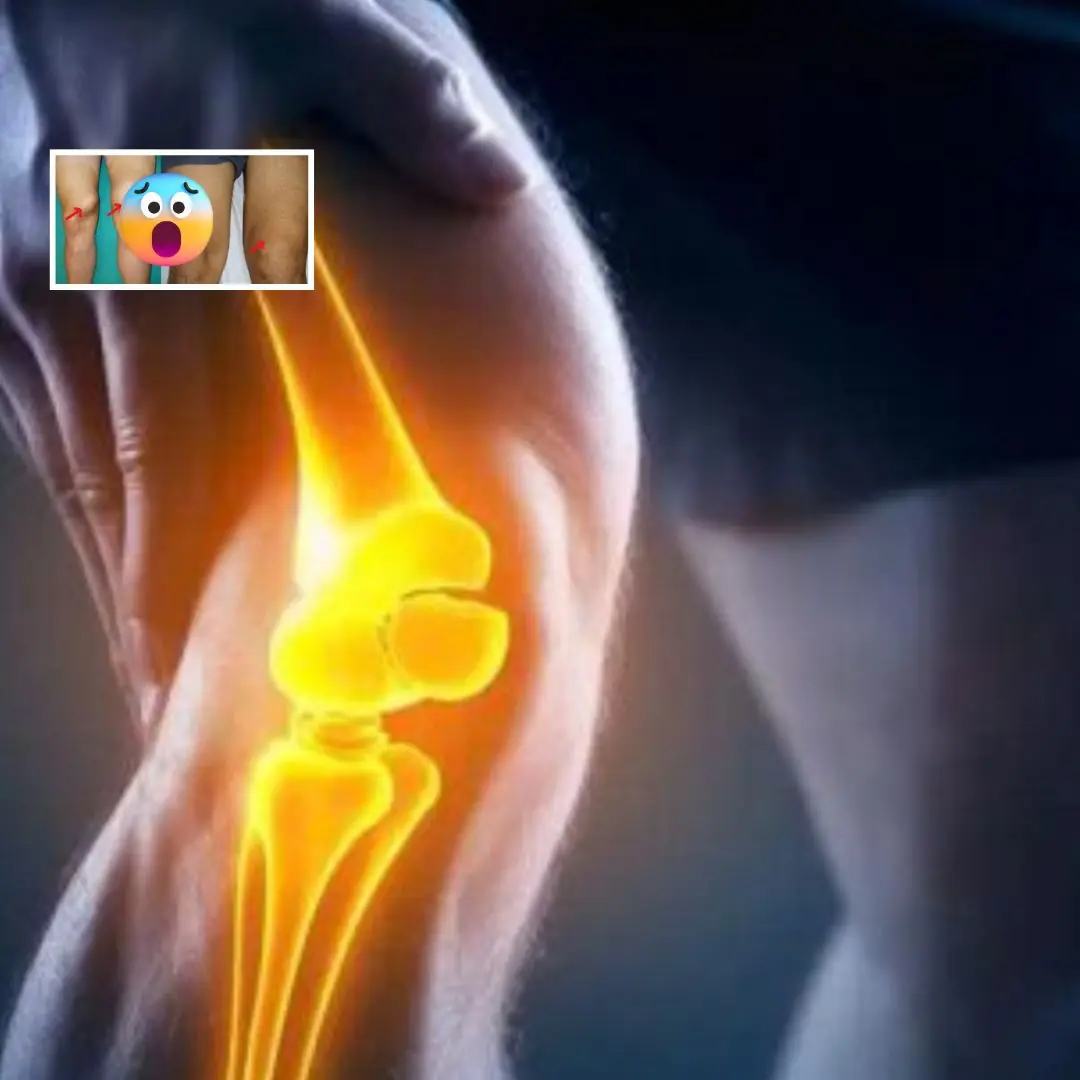
Doctor Warns: 5 Symptoms That Could Indicate Bone Cancer
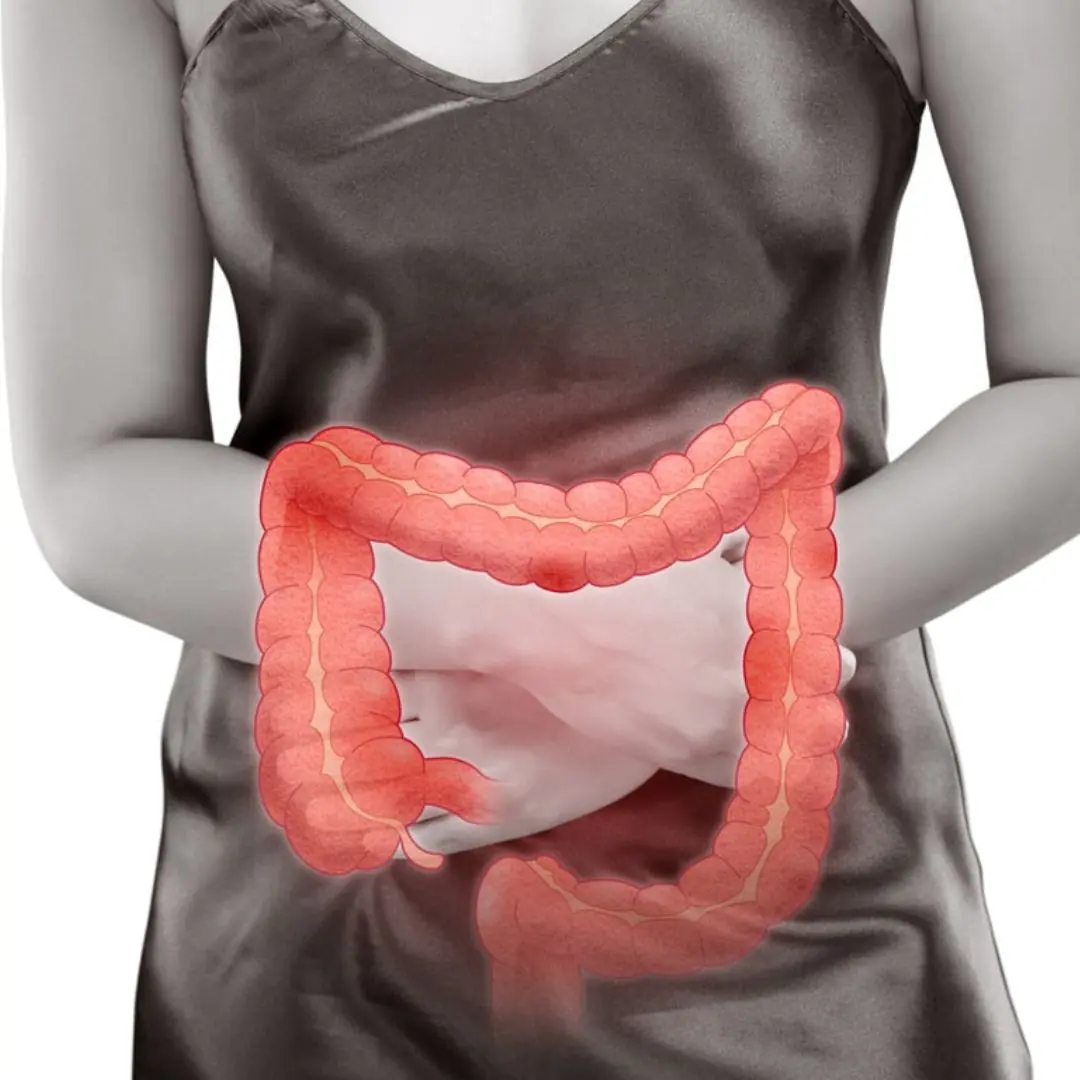
7 foods to avoid in a colon cancer diet
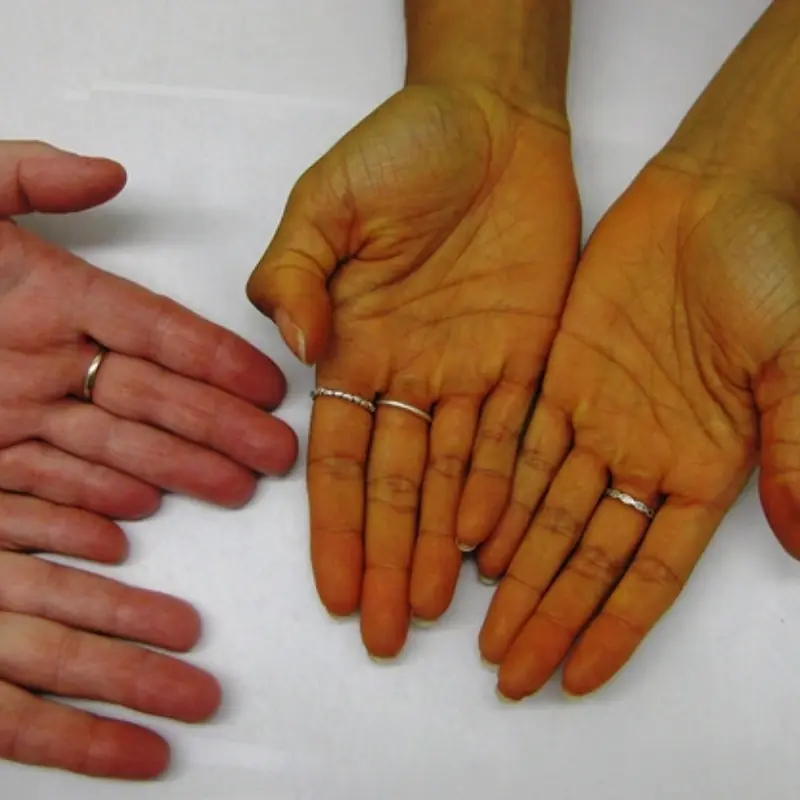
These Are the 5 Earliest Warning Signs Your Body Sends When Can.cer

5 Early Clues Your Body Sends When Bile Du.ct Can.cer Is Taking Hold

An 18-Year-Old Girl Suffered Severe Kid.ney Failure

The 8 warning signs your lips reveal about your health – from herpes to liver disease
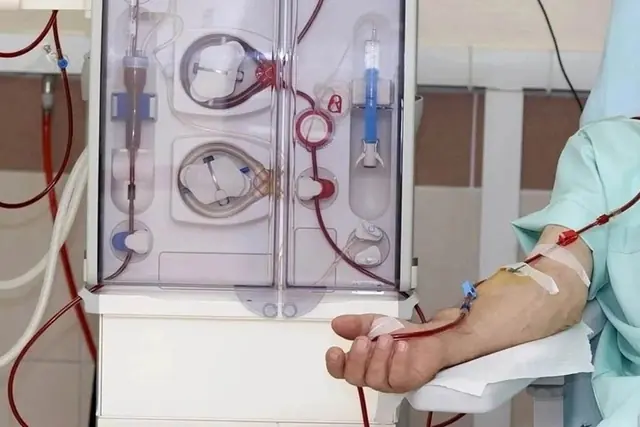
6 Types of People Who Should Never Eat Too Many Eggs
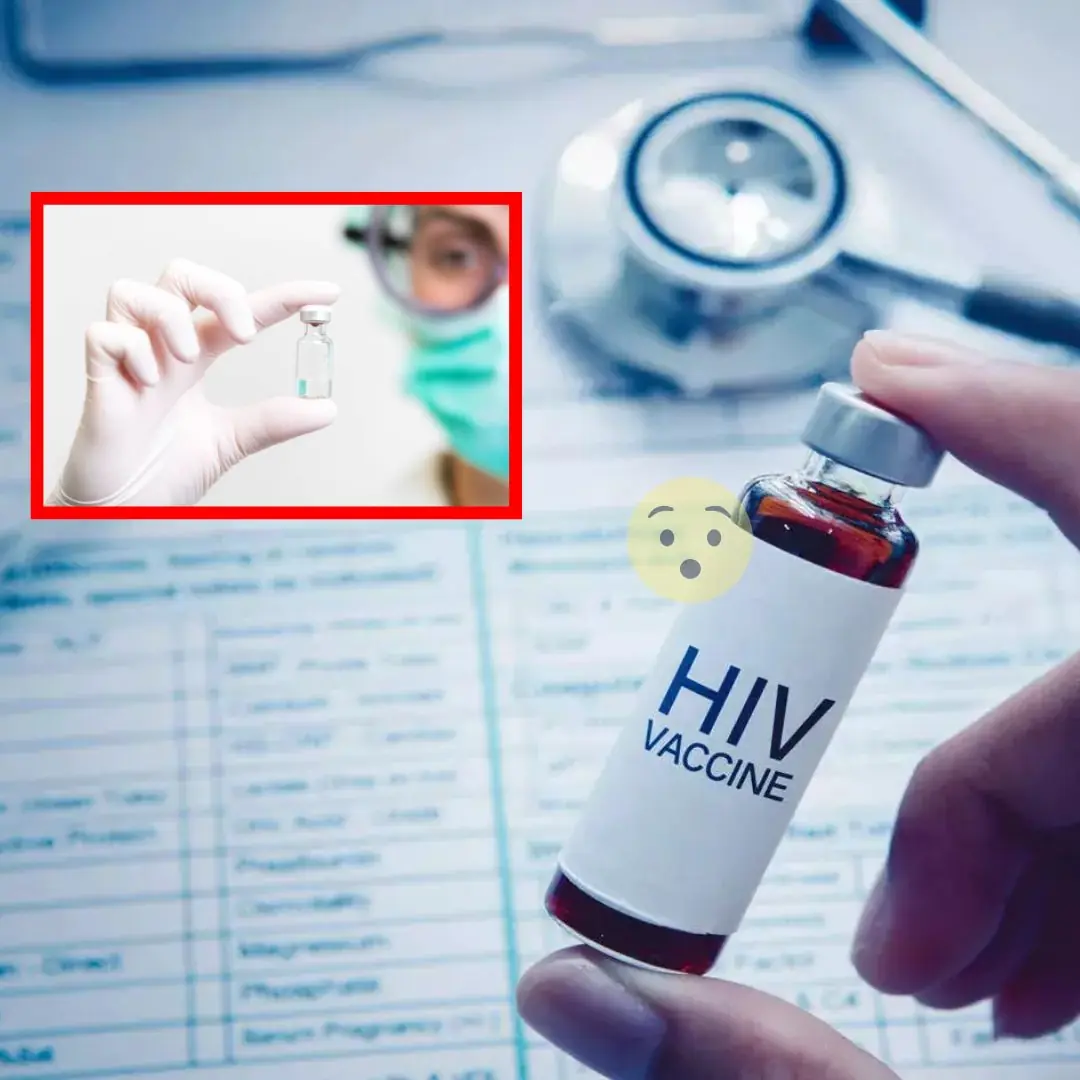
Experimental HIV vaccines show promise in early safety test

6 Types of People Who Should Avoid Eating Too Many Eggs

Check out these 6 health conditions when you drool while sleeping

The real reasons your limbs twitch at night

Snoring and 5 Surprising Indicators of Obstructive Sleep Apnea
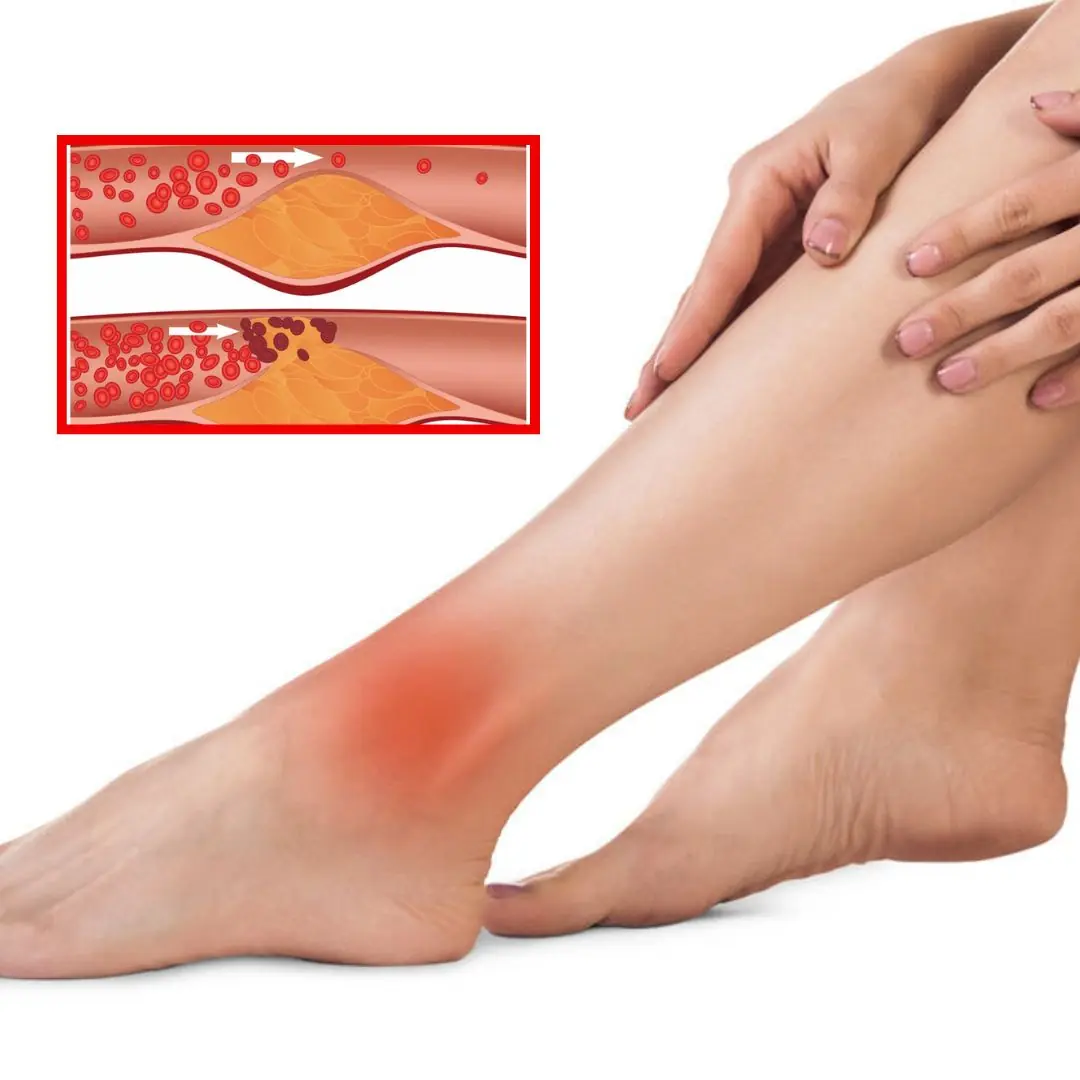
3 characteristics of the feet warn of blocked blood vessels

7 Morning Symptoms Your Body Might Be Using to Signal Hidden Diabetes

This is a simple vegetable but is so rich in vegetable protein that experts recommend using it instead of meat

Combine these foods with milk and you will get many unbelievable benefits

3 Selfish Husband Habits That Increase Their Wife’s Risk of Cer.vical Can.cer

Although chayote is a nutritious food, if you eat it this way, you can accidentally bring disease into your body and damage your health
News Post

Three Types of Vegetables with the Highest Pesticide Residues

No Matter How You Wash Clams, There’s Still Grit Inside?

What Is the Black Round Hole Next to the Camera on an iPhone For?

Doctor Warns: 5 Symptoms That Could Indicate Bone Cancer

7 foods to avoid in a colon cancer diet

These Are the 5 Earliest Warning Signs Your Body Sends When Can.cer

5 Early Clues Your Body Sends When Bile Du.ct Can.cer Is Taking Hold

An 18-Year-Old Girl Suffered Severe Kid.ney Failure

5 Types of Pesticide-Free Vegetables as Nutritious as Ginseng

The Secret to Keeping Potatoes Fresh for 6 Months Thanks to a Surprising “Friend” in the Kitchen

The 8 warning signs your lips reveal about your health – from herpes to liver disease

6 Types of People Who Should Never Eat Too Many Eggs

Experimental HIV vaccines show promise in early safety test

4 “ki.ll.ers” that cause cancer right in your home

6 Types of People Who Should Avoid Eating Too Many Eggs

Check out these 6 health conditions when you drool while sleeping

The real reasons your limbs twitch at night

Snoring and 5 Surprising Indicators of Obstructive Sleep Apnea
